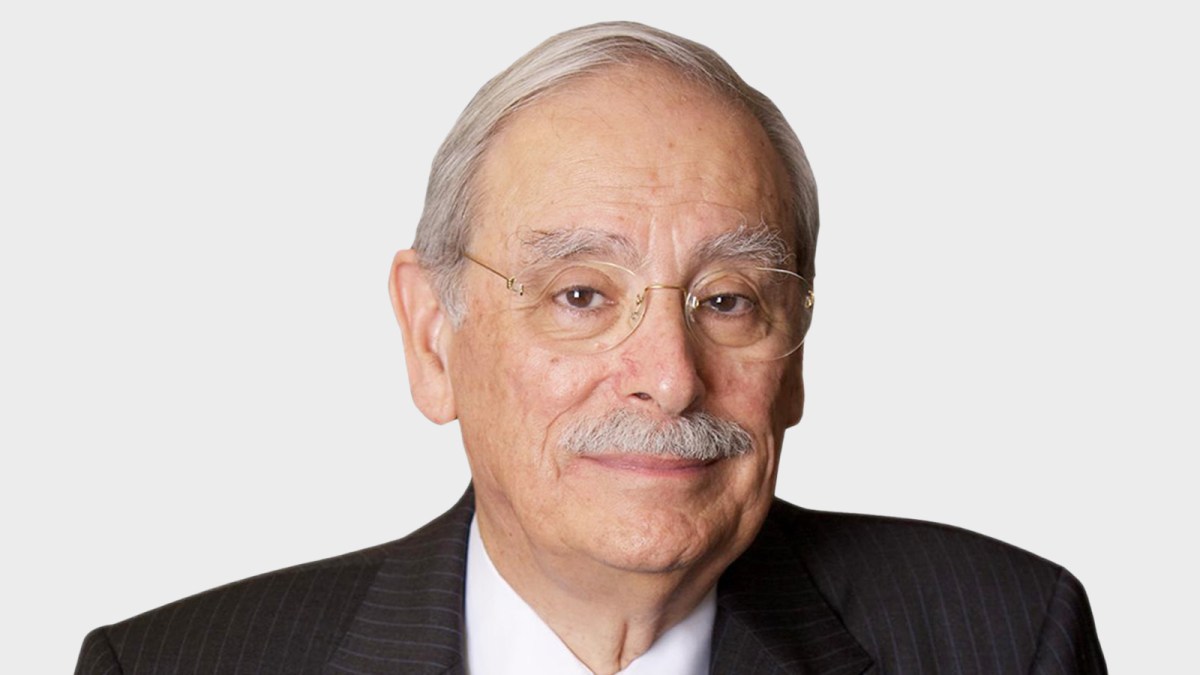On January 20, 2029, the 48th president of the United States seats himself in the Oval Office and takes the elegant, official, White House AT Cross pen in hand. It was a gesture designed to distinguish himself from his predecessor, who had used a thick black Sharpie to inscribe his purposefully illegible scrawl on more executive orders than any president in the nation’s history. The new man (most likely a man) carefully, neatly, signs his name to his first EO.
A month earlier, voters, now unable to cast their ballots against Donald Trump, had showered their rage on his successor. They had been promised lower prices, and faced large increases from the tariffs that Trump imposed — exceeding his power to do so, argued recent judicial rulings.
Voters had also wearied of the serial crises followed by climbdowns that threatened the value of their pension plans; the spending that had caused deficits to rise, and with them, the interest rates charged to those seeking mortgages; tax cuts that seemed to favour the wealthy; and the ubiquity of the face-spinning falsehoods on TV several times every day for the previous 1,460 days.
Voters had handed the new president healthy majorities in both houses of Congress. Democrat Hakeem Jeffries has become speaker of the House of Representatives, and Alexandria Ocasio-Cortez, having forced Chuck Schumer to avoid humiliation by retiring rather than face a primary defeat, has become majority leader of the Senate in a rebuke to the old guard by the vibrant youth wing of the Democratic Party. Nerves were on edge in Jerusalem as AOC, having accused Israel of genocide, counted the votes she could rely on to end financial and military aid to the Jewish state.
The jockeying for preferment had begun before the inauguration. The president was looking for an attorney general who would prosecute the Trump family for the corruption that had enriched them; a chairman of the Securities and Exchange Commission who would crack down on the cryptocurrencies that the Trumps had used as an instrument of that enrichment; a secretary of education — Dr Jill Biden’s name popped up — who would end harassment of universities unwilling to protect their Jewish students; and a secretary of health to reinvigorate the use of vaccines to halt a renewed spread of flu, measles and Covid — a Trump administration legacy.
Rumours that Dr Anthony Fauci would fill the health post sent shares of mask manufacturers soaring and brought smiles to the faces of workers in China’s Wuhan Institute of Virology, from where, it had been alleged, the coronavirus escaped.
At a stroke, the Cross pen ended deportation of bad guys who had crossed the border illegally, and restored their right to due process. A replacement for a Trump appointee — the one who had told a congressional committee that she understood due process to mean “a constitutional right that the president has to be able to remove people from this country” — was under way. Another stroke of the pen and the victims of Elon Musk’s chainsaw were restored to their positions or replaced. Woke stirred.
Tackling the tariff mess proved no easy chore. Foreign donors who had promised billions if not trillions in new investments were paring back or cancelling their pledges to build tariff-protected factories in the US. New supply lines that had been created at great cost by American firms seeking to avoid tariffs were now obsolete.
• Apple to move iPhone assembly from China to India
The new chairmen and women of the tax-writing committees were busily drafting plans to tax the rich and corporations, to end deductibility of state taxes and special benefits to private equity barons, and to shift some of Trump’s planned increase in military spending to entitlements. Secure in their large congressional majorities, the tax-writers were preparing to reduce the Trump tax cuts for seniors and those living on tips, reckoning all would be forgiven before the next congressional and presidential elections rolled around.
In a demonstration that daily turbulence had been replaced with calm, the president announced he would reappoint Jerome Powell to another term as chairman of the Federal Reserve Board, and persuaded the bond vigilantes to stable their mares by announcing an honest-to-goodness promise to reduce the deficits that had soared under his predecessors, which included a few trillion added by Trump.
There was more to do, but the ticklish chore of decommissioning and returning the fabled 747 to the Qataris without causing offence could be left to the secretary of state, who, with the help of AOC, was negotiating a visit to Washington by Iran’s mullahs to normalise relations with the now nuclear-armed state.
It was time to be off to the inauguration balls, funded by small contributions from millions of Americans, as billionaires cancelled their memberships in Mar-a-Lago and began interviewing Democratic insiders to replace the Republican insiders they had hired as lobbyists. Access to the new administration was the prime qualification, but it is not known whether Chuck Schumer succeeded in passing through the revolving door between government and the lobbying industry.
Finally, with the re-election campaign less than four years away, it was time to begin staffing up for that most important of all events.
Irwin Stelzer is a business adviser
